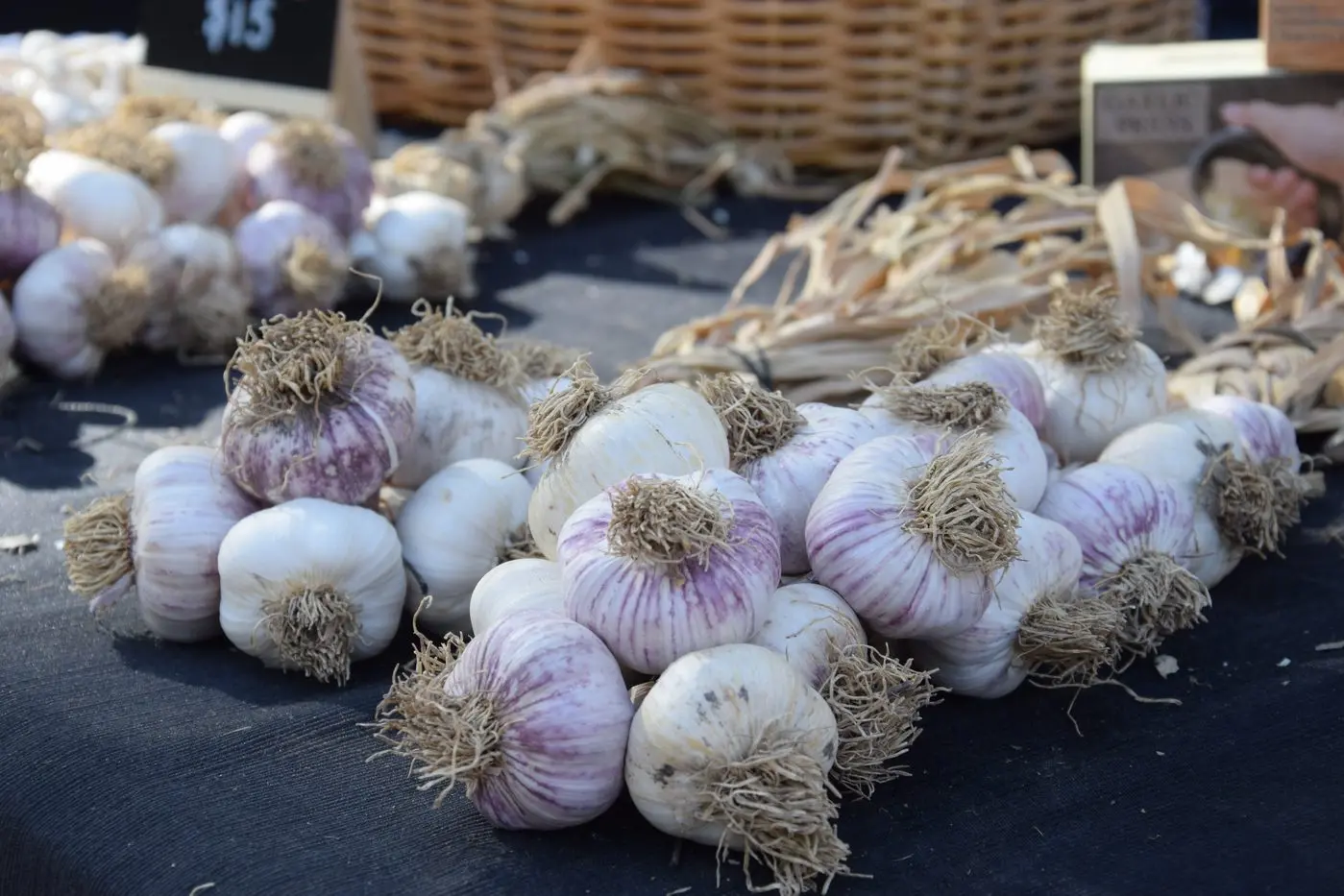PHOTO
A recent study has found that Australians are seeing ‘firsthand’ the effect of climate change on food prices.
A recent Farmers for Climate Action poll of 1,000 people found that 65 per cent believed climate change is a major factor forcing prices up.
Major climatic events such as the recent Queensland and NSW floods, major bushfires, cyclones, and storms disrupt food production and supply chains, leaving supermarket shelves emptier and prices higher.
The report said food price inflation had been central in the current cost-of-living crisis, with Australian households spending on average $3,000 more on groceries per year, with an average 26-36 per cent increase since 2022.
“The evidence shows climate events are already spiking prices at the checkout by affecting the supply of locally grown essentials such as fruit, vegetables and meat,” the report said.
“For Australia’s export traded commodities and some imported products, e.g., coffee, climate events in other major markets are impacting supply and therefore driving up the cost to the consumer.”
The report said specifically local cyclones and floods can dramatically impact areas where significant fruit and vegetable production occurs, resulting in shortages at the supermarket.
“Any serious national food strategy must start at the source – on farm – supporting nature-friendly farming, biodiversity regeneration, and emissions reduction.
“Investing in the health of our landscapes is an investment in the affordability and security of our food and fibre.”





